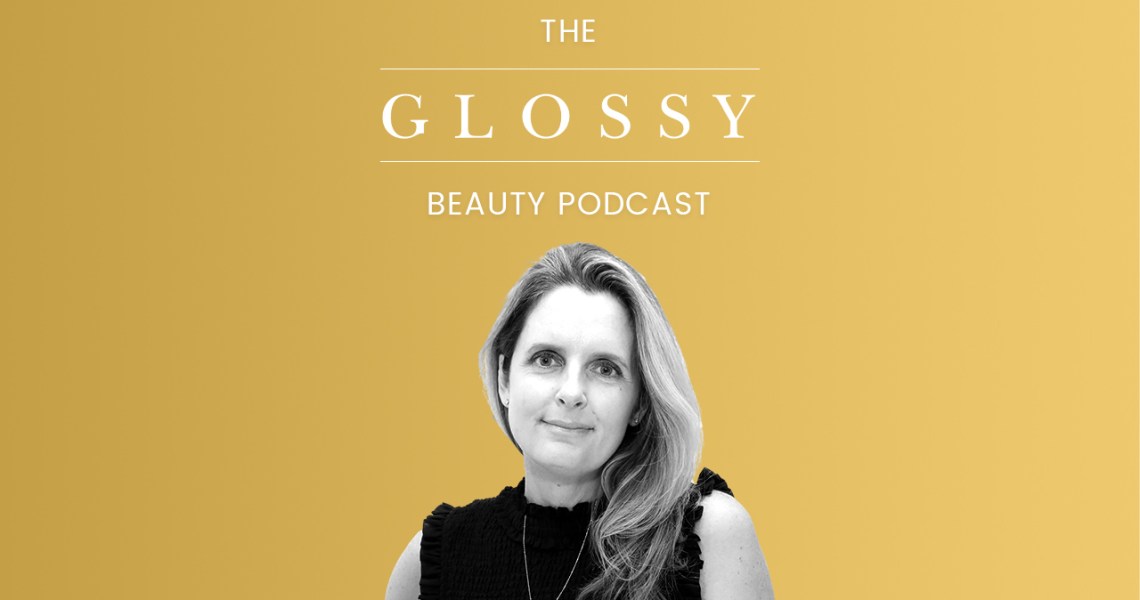Subscribe: Apple Podcasts | Stitcher | Google Play | Spotify
Credo is betting that customers stuck at home are as beauty-minded as always, but that more than ever, they now have the time to do their research about clean beauty.
“Health is what anyone is thinking about right now,” Credo co-founder Annie Jackson said on the Glossy Beauty Podcast. “I think if we didn’t have a customer before this and we do now, it’s because she’s really understanding that investment in health — really educating herself on certain chemicals and how they could impact health or the environment.”
Credo carries items from about 135 brands, according to Jackson, and incentivizes them with “more kudos and marketing” to create transparent packaging — and to stay away from what Credo considers less-than-clean substances.
Still Jackson doesn’t think of clean beauty as an exclusive part of the market anymore. Case in point: the retailer’s latest collaboration with Ulta. She talked about the benefits of partnering with Ulta , consumer trends during the pandemic and just how many product submissions Credo entertains on a monthly basis.
Here are a few highlights from the conversation, which have been lightly edited for clarity.
On partnering with Ulta
“They really have been very thoughtful about how to approach clean beauty. I was a merchant in conventional beauty land. I was at Sephora. And I often think about my experience of building Credo. If I was sitting at my chair at Sephora, how would I do this? It’s challenging. You don’t want to disparage the brands that you have and you’ve worked so hard to build. If there was an awareness about certain chemicals when they had created those brands back then, they wouldn’t have created them the way that they did. It’s just that there’s a better awareness now, and I think if they could go back in time they probably would approach how they created their brands very differently. But now we know, and I think the way Ulta is approaching this, we obviously think, is an incredible opportunity for Credo and the brands at Credo.”
Newness wins even during lockdown
“The pandemic has been this wild roller coaster of no pattern to anything. In the early days, masking and exfoliation and at-home skincare treatments — no surprise — did really well. What we’re seeing now is: newness is very important. It always is in beauty, but now more than ever for this customer, she’s captive at home and waiting for new information. You can launch a brand now on Credo that is average price point at $18 or $65 and she’s a totally different customer. I think we’re seeing more Gen-Zers come to market, and I think a lot of that is attributed to some of the new brands that have launched today — and some brands that are more traditionally positioned and potentially reaching an older customer. But we’re not seeing a pivot toward all entry price points. We’re certainly not up here in the high price point. It’s a really mixed bag today.”
How Credo raises the bar for the brands it carries
“When we started Credo we obviously had our restricted substance list — our dirty list, as we call it. And that was the measurement of what we vetted brands against. But we knew that for ‘clean’ to truly mean something we really wanted to back it with an operational standard. So that’s where we came up with the ‘Credo Clean Standard.’ It took us 18 months together, as brand partners and Credo, to say, ‘Here are some of the things we need you guys to do beyond just checking a box that you have no ingredients from the restricted substance list. We need to make sure you’re labeling your packages correctly, that you’re backing up the claims you’re making, that you’re using inky guidelines when you’re putting names on your product. If you’re going to use the word ‘fragrance’ on your package, that you at a bare minimum categorize it, so that you [the consumer] don’t have to guess if it’s synthetic or natural.’ We’ll give you more kudos and marketing if you fully disclose what’s behind that word.”
How Credo raises the bar for the brands it carries
“Health is what anyone is thinking about right now. I think if we didn’t have a customer before this and we do now, it’s because she’s really understanding that investment in health — really educating herself on certain chemicals and how they could impact health or the environment. She’s very intrigued by sustainability, and she’s really driving this. She’s willing to make decisions for herself that are very conscientious because she’s educated herself on it.”




